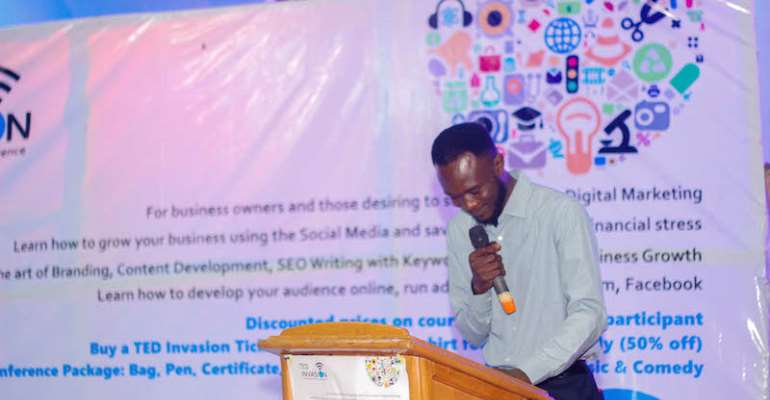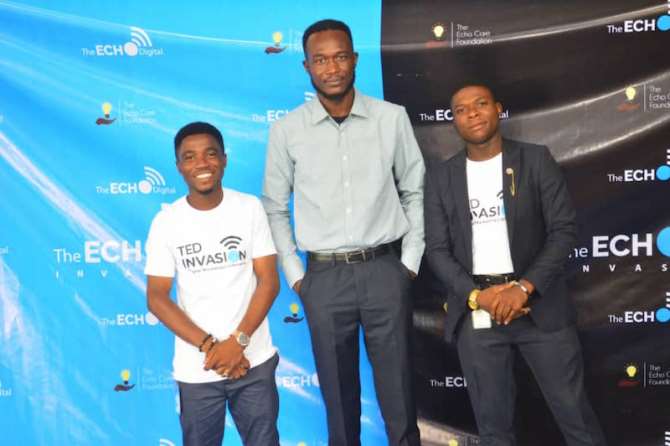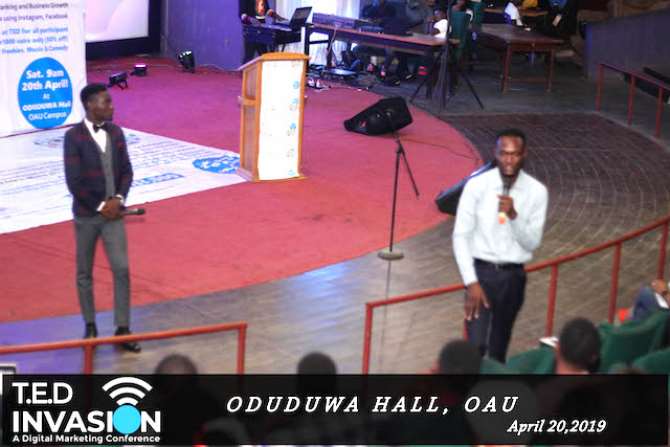Effects Of Social Media Usage On Academic Performance

Today the internet has taken a firm place in our lives, it is difficult for a young man who at least in a day not go through social network for update.
The modern reality requires us to stay in touch and keep abreast the latest news and trends.
The advent of the internet in the 1990s let to a major development in the world of communication hence the introduction of social networking sites.
These social networking sites revolutionized communication and today we celebrate its improvement ranging from education to entertainment.
These networking sites are called Social Media.
Social Media enables us to create content, share them, bookmark them etc…
This has breached the gab that existed in communication where people had to rely solely on traditional methods such as letters and phone calls as a mode of getting in touch with friends and relatives.
As we know, nothing interesting is ever completely on-sided, so it is for social media as it come with both positive and negative effects.
There is a correlation between social media usage and academic performance of students in universities.
Research has proved the heavy presence of social media among students.
- 90% of tertiary school students use social media
- All of them spend an average of 30 minute/day on social media
These shows the level of which students are patronizing these social sites and this may bring along with positive and negative effects on students as far as their academic performance is concerned.
The internet is today the most important source of information and the growing dimension of the use of social media by students cannot be underestimated.
It is observed that students devote more time and attention to social media than they do for their studies and they cannot pass their examination well if they do not study or learn.
Much emphasis is placed on academic excellence because of the role it plays in an individual’s life, due to this many people are concerned with the ways that they can improve their academic performance.
For example, studies have revealed that Students who spend more time on social media are likely to perform poorly in their academics this is because instead of reading books, thy spend time chatting and making friends via social media and this will definitely have negative effect on their academic performance
Students academic life has moved to a different dimension since the introduction of social media and several studies have affirmed that social media plays an important role on students in higher education.
There are some advantages to the use of social media by students.
- It improves learning motivation
- It enhances study relationship
- It develops collaborative abilities
- It offers personalized course materials
It’s a fact that social media had contributed greatly to facilitating learning in the 21st century.
A great number of students including PhD level commonly use social media to better their studies.
The answer to the cause of flexible studies today across the globe might not be far fetched from the great contribution that social media platforms are providing when used judiciously.
There are several schools of thoughts that states that social media is a nuisance to student’s academic life revealing that it distracts the attention and concentration of the student towards learning and converting it towards non educational activities.
Contrary to the claim students benefit from chatting with other students, teachers and external sources to acquire knowledge, gain more vocabulary, improve their writing skill and reduce their spelling mistakes through social media usage.
In fact, as an educational tool, social media enriched learning by giving both students and teachers the opportunity to connect in new and very exciting ways thereby encouraging flexible mode of learning. It is stated that flexible learning expands the choice on what, when and how people learn.
It supports different styles of learning including e-learning which is highly patronized across the globe.
It is without doubt that social media is and will remain an important tool in student’s life as far communication is concerned.
Different forms of education including distance education has been widely patronized and facilitated to some degree through these social media networks.
Acquiring information both locally and internationally from friends, lectures or experts is no longer a struggle as compared to the olden days and the internet is the ultimate master behind this success.
“Social media is a useful servant but a dangerous master” and can also be “described as a two-edge sword” and as such, students must be alert about its dangers and be prudent in its utilization.
Despite the benefits that students can harness from social media networks such as sharing of information, building relationship, partaking in group discussions from near and far among others, there is to some extent addiction and distraction of attention caused by the use of social media which could have serious consequences on the academic life of students.
In this light I have some recommendations;
1. lecturers can adopt new strategies by channeling assignments or discussions on social media platforms to help increase the habit of using these social media for academic work.
2. Students should make sure that they use these social networking sites judiciously to ensure that they do not become detrimental to their academics.
3. Seminars should be organized in the various schools or faculties to enlighten students more about the possible implications of social media usage on their academic performance.
4. The university authority should also restrict access to certain social media sites that may be prone of distracting students’ attention during school hours as a means of minimizing their use.
social media have a dual impact on student achievement, and it is necessary to approach adolescents' use of social networks with ultimate responsibility.
In no case should we forget about the negative consequences that excessive social infatuation could have.
Institutions should focus on making pleasant things useful - promoting social networks as a tool not only for communication and entertainment but also for learning.
Finally, students themselves must realize all the potential harm from excessive use of social networks, and responsibly approach the learning process and academic results.
My Citation:


